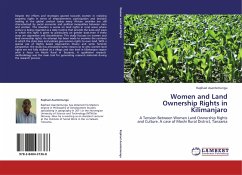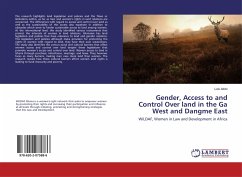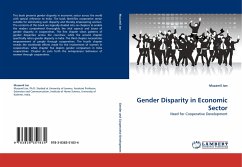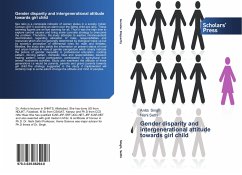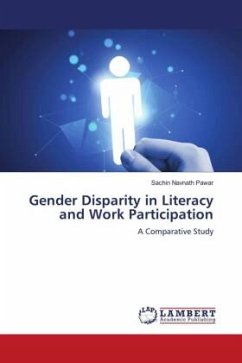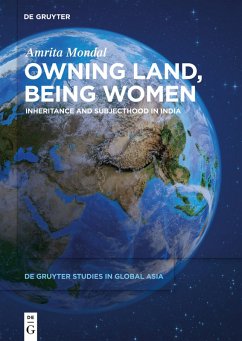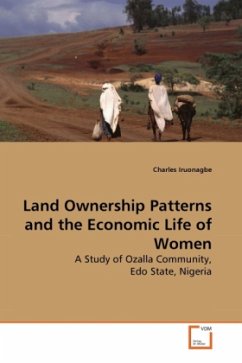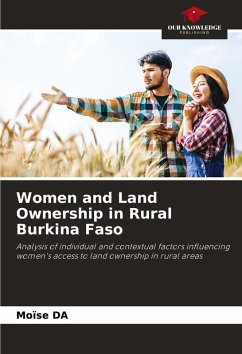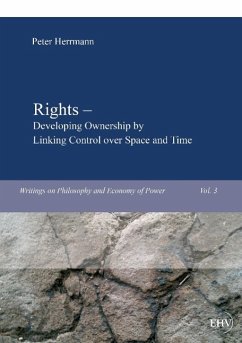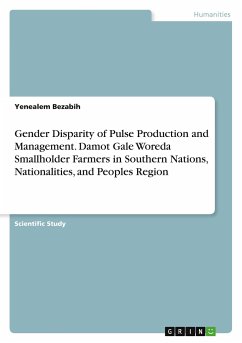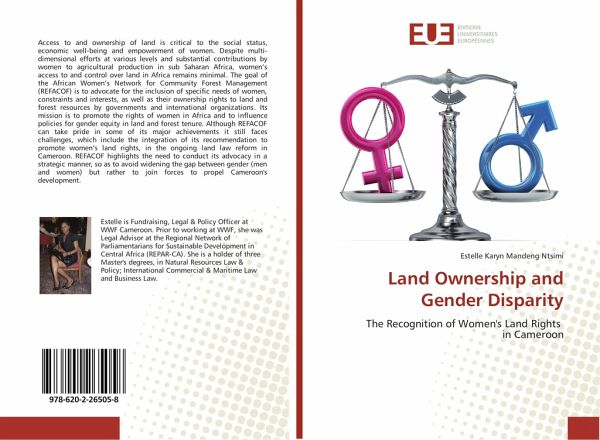
Land Ownership and Gender Disparity
The Recognition of Women's Land Rights in Cameroon
Versandkostenfrei!
Versandfertig in 6-10 Tagen
24,99 €
inkl. MwSt.

PAYBACK Punkte
12 °P sammeln!
Access to and ownership of land is critical to the social status, economic well-being and empowerment of women. Despite multi-dimensional efforts at various levels and substantial contributions by women to agricultural production in sub Saharan Africa, women's access to and control over land in Africa remains minimal. The goal of the African Women's Network for Community Forest Management (REFACOF) is to advocate for the inclusion of specific needs of women, constraints and interests, as well as their ownership rights to land and forest resources by governments and international organizations....
Access to and ownership of land is critical to the social status, economic well-being and empowerment of women. Despite multi-dimensional efforts at various levels and substantial contributions by women to agricultural production in sub Saharan Africa, women's access to and control over land in Africa remains minimal. The goal of the African Women's Network for Community Forest Management (REFACOF) is to advocate for the inclusion of specific needs of women, constraints and interests, as well as their ownership rights to land and forest resources by governments and international organizations. Its mission is to promote the rights of women in Africa and to influence policies for gender equity in land and forest tenure. Although REFACOF can take pride in some of its major achievements it still faces challenges, which include the integration of its recommendation to promote women's land rights, in the ongoing land law reform in Cameroon. REFACOF highlights the need to conduct its advocacy in a strategic manner, so as to avoid widening the gap between gender (men and women) but rather to join forces to propel Cameroon's development.



